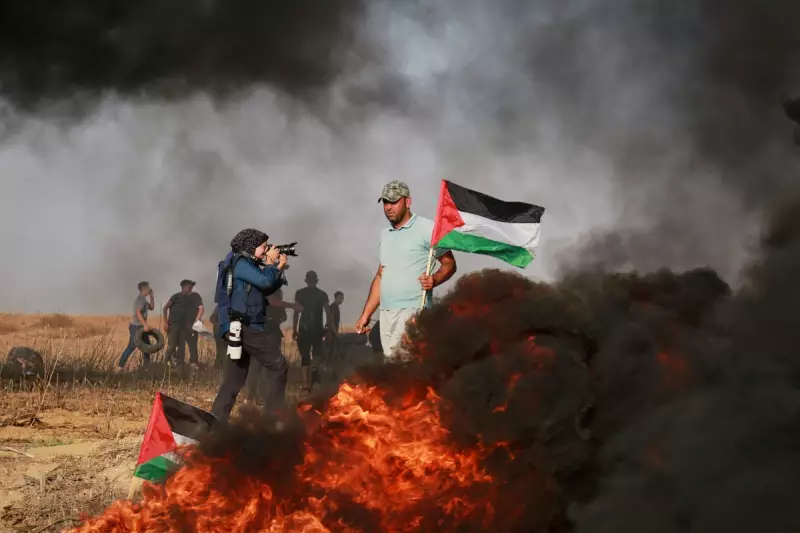
Israeli forces have significantly escalated military operations across the Gaza Strip, with intense fighting reported in multiple regions including Gaza City and the southern city of Rafah.
The Israel Defense Forces (IDF) confirmed ongoing operations in both northern and southern Gaza, stating their troops continue to engage Hamas fighters in close-quarters combat. Military officials described the operation as a comprehensive effort to dismantle Hamas's military infrastructure throughout the territory.
Humanitarian Situation Deteriorates
As the conflict enters another phase, humanitarian organizations report growing concerns about civilian welfare. The United Nations and various aid agencies have highlighted the challenges in delivering essential supplies to Gaza's population, many of whom have been displaced multiple times since the war began.
Medical facilities are operating under extreme duress, with hospitals reporting critical shortages of medical supplies and power outages affecting life-saving equipment.
International Response and Diplomacy
The ongoing violence has prompted renewed diplomatic efforts from international mediators. Several countries have called for immediate humanitarian pauses to allow aid delivery and facilitate the release of remaining hostages held by Hamas.
Meanwhile, the United States and other Western nations continue to advocate for a sustainable ceasefire agreement that would address both immediate humanitarian needs and longer-term security concerns.
Regional Tensions Escalate
The conflict in Gaza has sparked concerns about broader regional instability. Neighbouring countries and international observers are monitoring the situation closely, with particular attention to the potential for the conflict to spill over into wider regional confrontation.
As fighting continues with no immediate resolution in sight, analysts suggest the coming weeks will be critical in determining both the military outcome and the prospects for post-conflict governance in Gaza.






